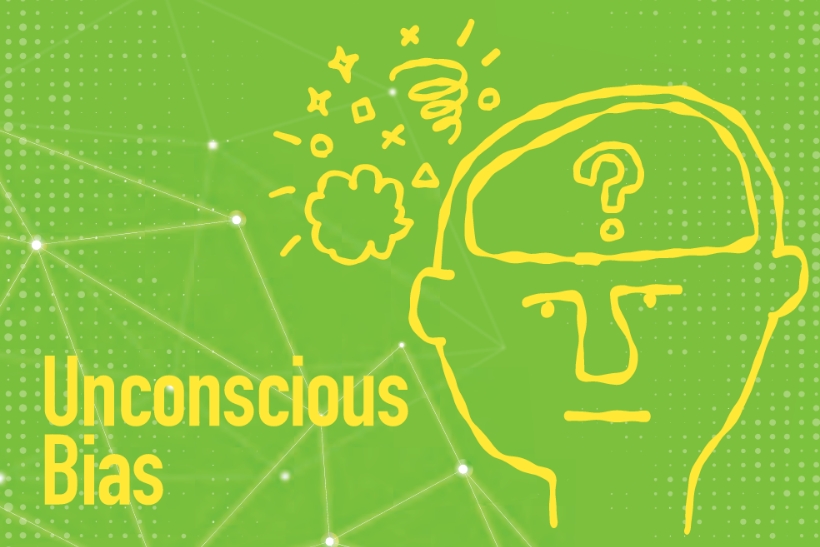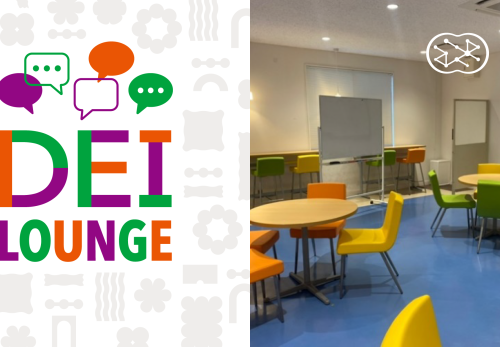
Do you know about Unconscious Bias?
Recently we often hear “Unconscious Bias” and it refers to underlying prejudices that we are unaware of, but which affect our way of thinking and our proceptions.
Everyone has Unconscious Bias, and it is very common that people are under the influence of it.
However, it affects people. Especially if leaders of organizations such as universities are under this influence, they may create a prejudicious environment, which delays promotion of diversity.
Recognizing that everyone is under the influence of such bias can help to reduce its influence, and create a truly inclusive place.
Examples of Unconscious Bias
| Stereotypes | beliefs that certain attributes, characteristics, and behaviors are typical of members of a particular group of people. |
| Normality Bias | beliefs that “I am OK.” even though there are problems. |
| Confirmation Bias | the inclination to draw conclusions about a situation or person based on your personal desires, beliefs and prejudices rather than on unbiased merit. |
| Authority Bias | when an idea or opinion is given more attention or thought to be more accurate because it was provided by an authority figure. |
| Conformity Bias | the tendency people have to act similar to the people around them regardless of their own personal beliefs or idiosyncrasies. |
For your references,
The Japan Inter-Society Liaison Association Committee for Promoting Equal Participation of Men and Women in Science and Engineering (EPMEWSE)
「SEE BIAS and BLOCK BIAS」
https://www.djrenrakukai.org/en/index.html
Strengthening research Capacity Through Diversity – Ways to overcome the unconscious bias that hinders fair evaluation
Prepared by Center for Diversity, Equity, and Inclusion, Tohoku University





